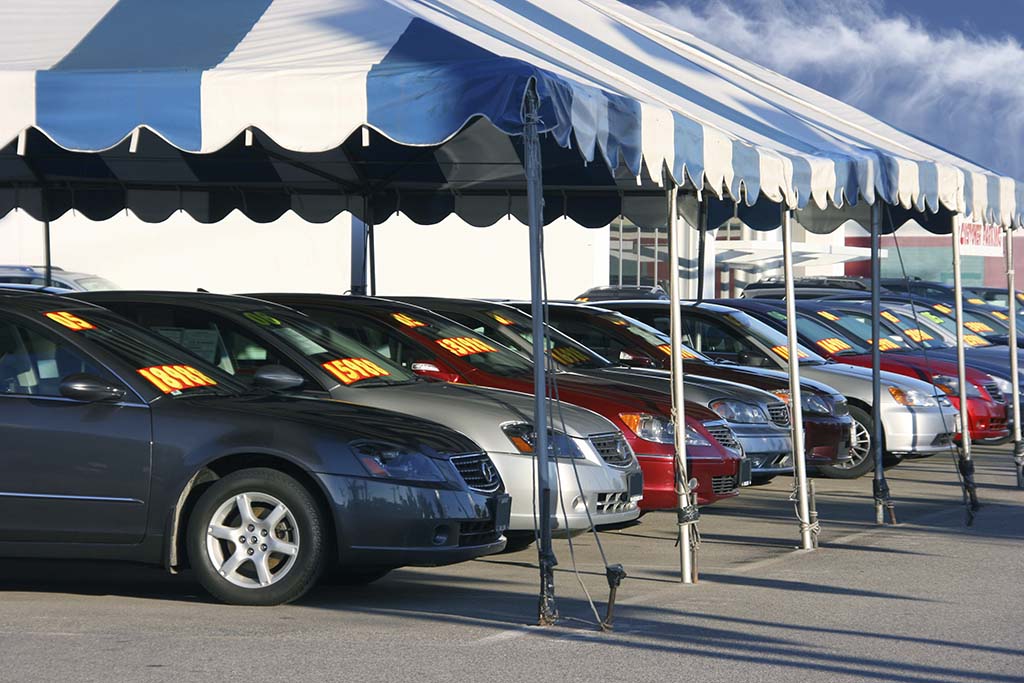Leasing Made Simple: How It Functions and Why You Ought To Consider It
Whether you are thinking about renting for individual or organization factors, grasping the fundamentals of this financial arrangement can lead to informed decisions. Let's check out exactly how leasing works and why it may be a feasible alternative worth taking into consideration.
Recognizing Leasing Essentials
Comprehending the basics of leasing is necessary for people seeking to participate in rental arrangements for various assets. Leasing includes an arrangement where one party, the owner, gives the various other celebration, the lessee, the right to make use of a possession for a given period for periodic settlements. This setup is frequently utilized for equipment, vehicles, property, and other high-value things.
One secret facet to understanding is the lease term, which outlines the period of the contract. VW Atlas lease offers. Recognizing the terms of the lease, including the settlement structure, responsibilities of each celebration, and any additional fees or clauses, is essential for preventing misunderstandings or conflicts in the future

Advantages of Leasing
Having developed a fundamental understanding of leasing basics, it is vital to assess the countless benefits that renting arrangements offer to both owners and lessees. Leasing likewise offers adaptability, allowing firms to upgrade to newer tools at the end of the lease term without the headache of offering old assets. An additional benefit is the potential tax obligation advantages linked with leasing, as lease repayments are frequently considered functional expenses and can be subtracted from taxed income.
How Leasing Compares to Acquiring

Leasing supplies services the flexibility to make use of devices without having to make a huge upfront financial investment. Furthermore, renting typically includes maintenance and servicing in the agreement, minimizing unanticipated expenses for the lessee.

Tips for Effective Leasing
It is critical to extensively understand the terms and conditions of the lease agreement. Businesses should consider their long-term goals, cash circulation estimates, and total economic wellness when reviewing leasing alternatives.
Consistently evaluating the rented assets' condition and efficiency can help recognize any maintenance concerns early on, avoiding expensive repairs or charges at the end of the lease. Discovering lease customization alternatives to align with certain business requirements can lead to Volkswagen Tiguan lease deals a more tailored and valuable leasing arrangement.
Aspects to Take Into Consideration Before Leasing
Prior to devoting to a lease arrangement, organizations have to meticulously review numerous vital variables to make certain an advantageous and well-informed decision. This includes contrasting the complete price of renting versus buying, taking into consideration variables such as ahead of time prices, regular monthly payments, and long-term expenses.
Secondly, companies should consider their future needs and growth potential. It is necessary to assess whether the leased tools or residential property will proceed to meet the company's requirements as it increases. Versatility in lease terms can be important to accommodate altering company needs.
Moreover, companies have to examine the conditions of the lease contract completely. Recognizing elements such as lease duration, upkeep obligations, and possible penalties for very early termination is vital to avoid any type of shocks or mistakes throughout the lease term.
Final Thought
Finally, leasing deals numerous advantages over purchasing, including lower upfront expenses, adaptability, and potential tax advantages. By understanding the basics of leasing, comparing it to acquiring, and considering crucial variables before participating in a lease arrangement, individuals can make educated choices that match their financial requirements and way of living. Ultimately, leasing can be a basic and beneficial choice for those seeking to acquire possessions without the dedication of possession.